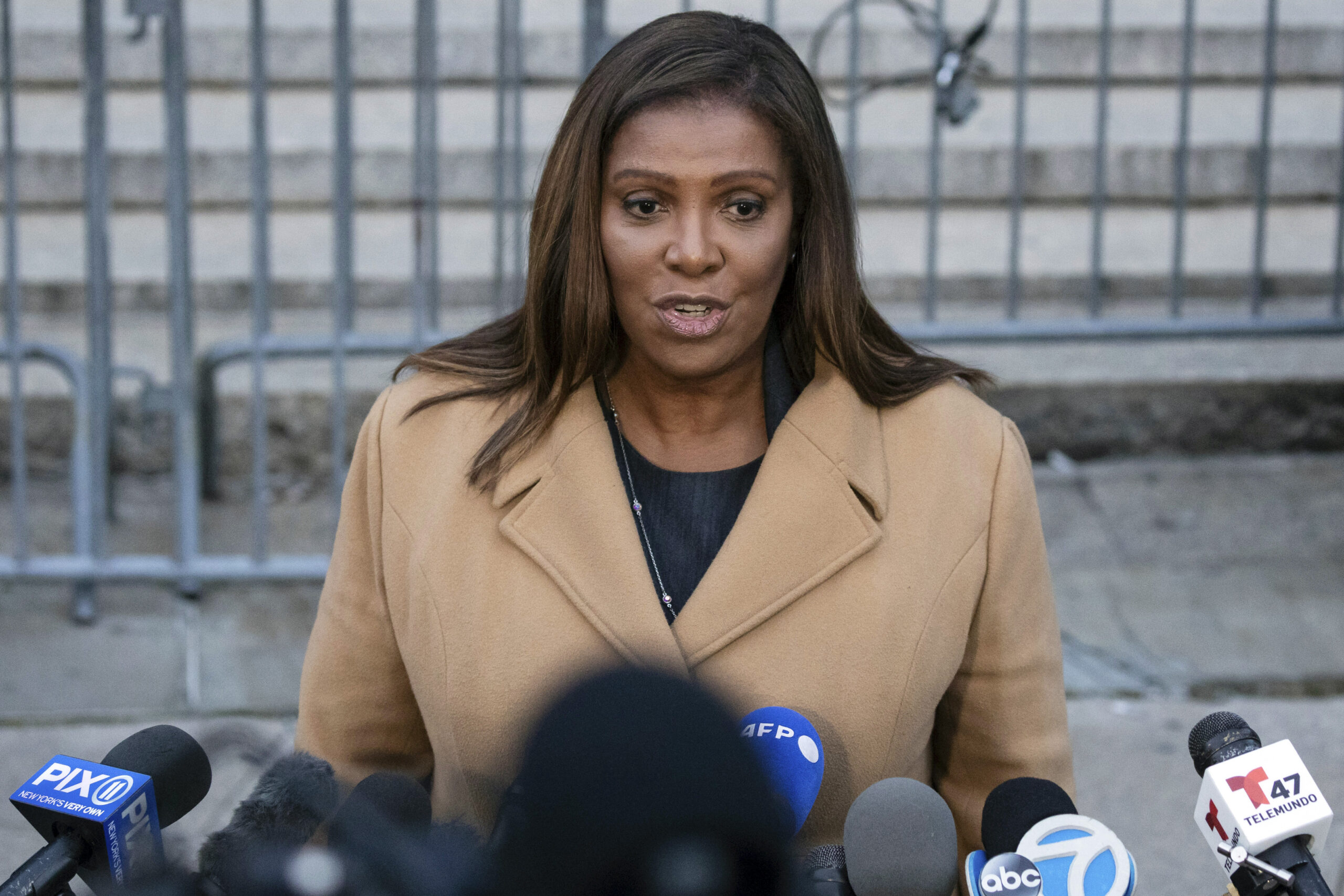Martin Shkreli permanently banned from the pharmaceutical industry and fined $64.6 million

Photo: Yuki Iwamura/AP
The Court of Appeals for the Second Circuit affirmed the ruling of the District Court for the Southern District of New York and found “Pharma Bro” Martin Shkreli guilty of violating federal and state laws by monopolistically jacking up the price of a life-saving drug.
While people needlessly died, Shkreli was found to have increased the price of Daraprim, a crucial treatment for toxoplasmosis, by more than 4,000 percent. Shkreli is now permanently banned from the pharmaceutical industry and must pay $64.6 million.
“For years, Martin Shkreli and his company made millions by putting vulnerable people at great risk and denying lifesaving medication,” said Attorney General Letitia James. “Our latest victory once again holds him accountable. New Yorkers can rest assured that I will always take action against those who put their personal profits over people’s health.”